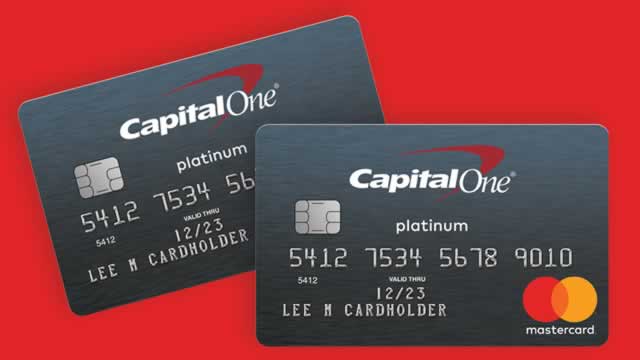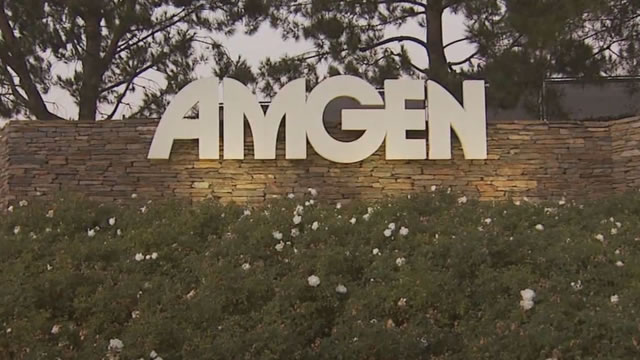The Justice Department’s Decision on the Capital One-Discover Merger: What Does It Mean for You and the World?
The financial industry was abuzz with news last week when the Justice Department reportedly informed financial regulators that it lacked sufficient evidence to block the proposed merger between Capital One and Discover. This decision paves the way for the Federal Reserve and the Office of the Comptroller of the Currency (OCC) to approve the transaction.
Impact on Consumers
For consumers, the merger could lead to several potential changes. Capital One and Discover are both major credit card issuers, and the combined entity would rank among the top three in the industry. This increased market share could lead to more competition, as the merged company may look to differentiate itself from larger competitors like Chase and American Express.
On the other hand, the merger could also result in reduced competition in certain markets, particularly in credit cards and auto loans. Some analysts have expressed concern that the merger could lead to higher prices and fewer options for consumers in these areas. However, it’s important to note that regulatory approval of the merger would come with conditions designed to mitigate these potential negative effects.
Impact on the Financial Industry
From an industry perspective, the merger could have significant implications. The combined entity would have a more diverse range of products and services, including credit cards, auto loans, banking, and investment services. This increased diversification could help the company weather economic downturns and better compete with larger financial institutions.
Furthermore, the merger could lead to cost savings and increased efficiencies. Capital One and Discover have overlapping operations in several areas, and merging these functions could help the combined entity reduce costs and improve profitability.
Impact on the Economy
The broader economic impact of the merger is less clear. Some analysts have suggested that increased competition in the financial sector could lead to lower borrowing costs for consumers and businesses, which could boost economic growth. Others have expressed concern that the merger could lead to higher prices and reduced competition, which could have negative consequences for consumers and the overall economy.
Regulatory Scrutiny
It’s important to note that regulatory approval of the merger does not guarantee that it will go through. The Federal Reserve and the OCC will still need to review the merger and approve it, and there could be conditions attached to their approval. For example, the regulators could require the merged entity to sell off certain assets or business lines to ensure that competition remains robust.
Conclusion
The Justice Department’s decision to allow the merger between Capital One and Discover to move forward is a significant development in the financial industry. While the merger could lead to increased competition and cost savings, it could also result in reduced competition and higher prices for consumers in certain markets. The final outcome will depend on the regulatory approval process and any conditions that are attached to the merger.
- The Justice Department has reportedly informed financial regulators that it lacks sufficient evidence to block the proposed merger between Capital One and Discover.
- The Federal Reserve and the Office of the Comptroller of the Currency are now free to approve the transaction.
- The merger could lead to increased competition and cost savings, but could also result in reduced competition and higher prices for consumers in certain markets.
- Regulatory approval of the merger is not guaranteed, and could come with conditions designed to mitigate potential negative effects.





